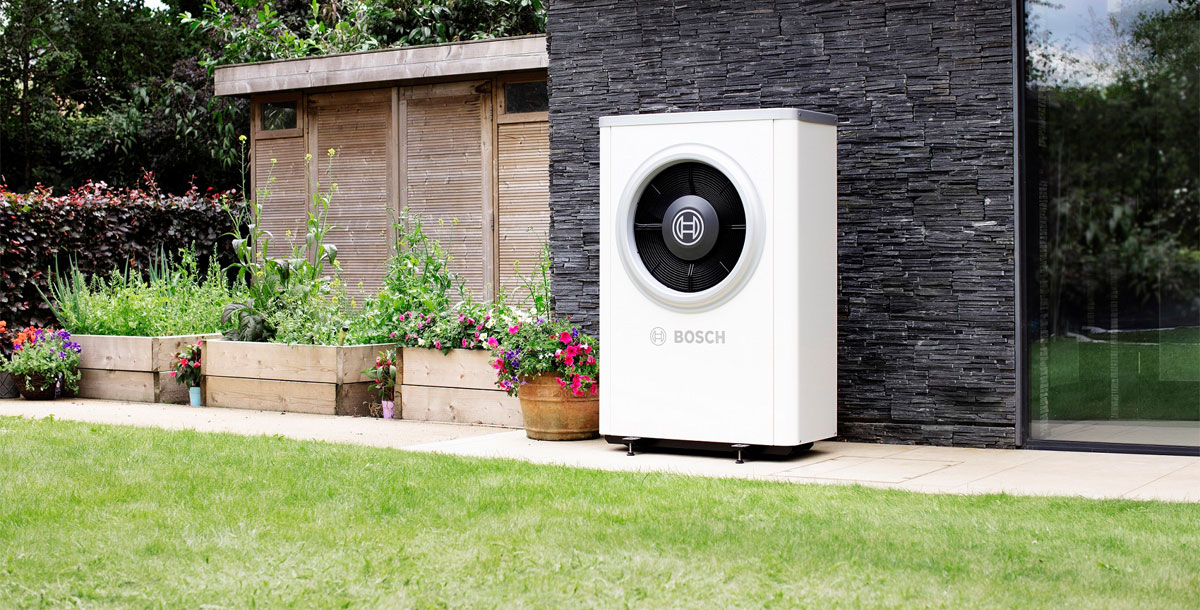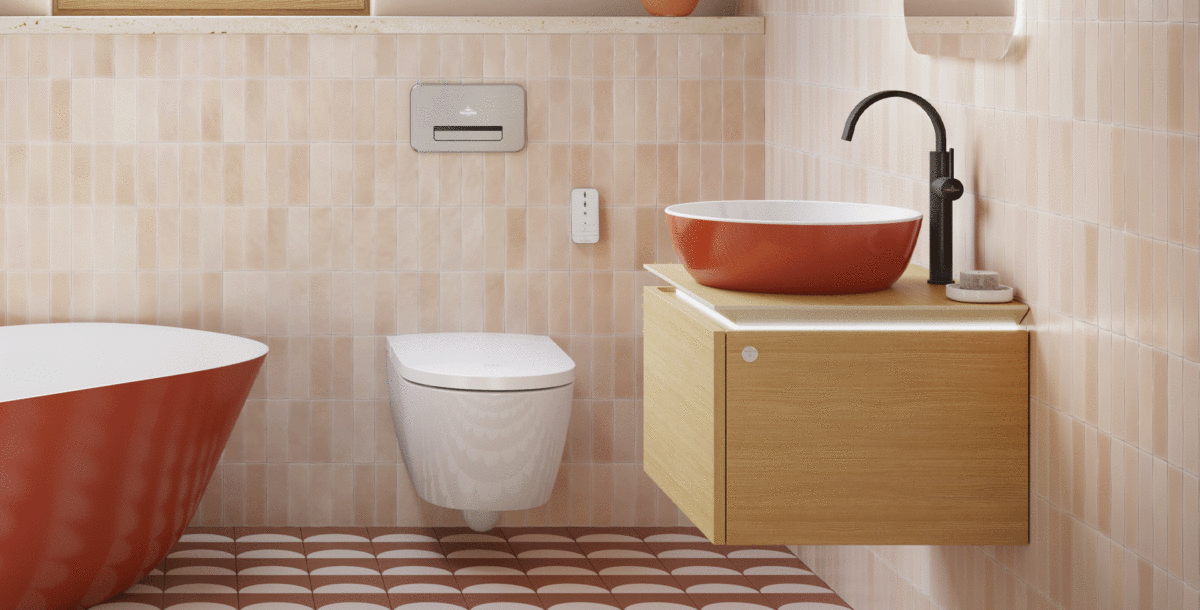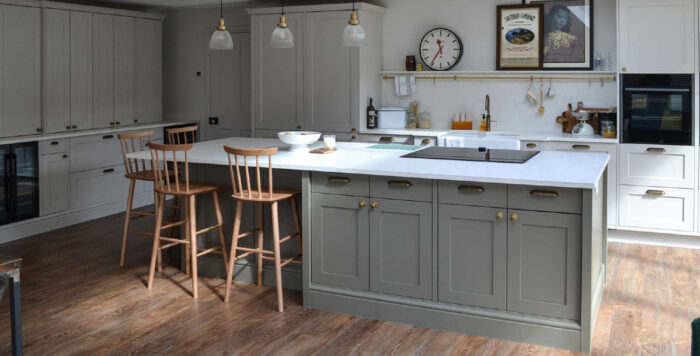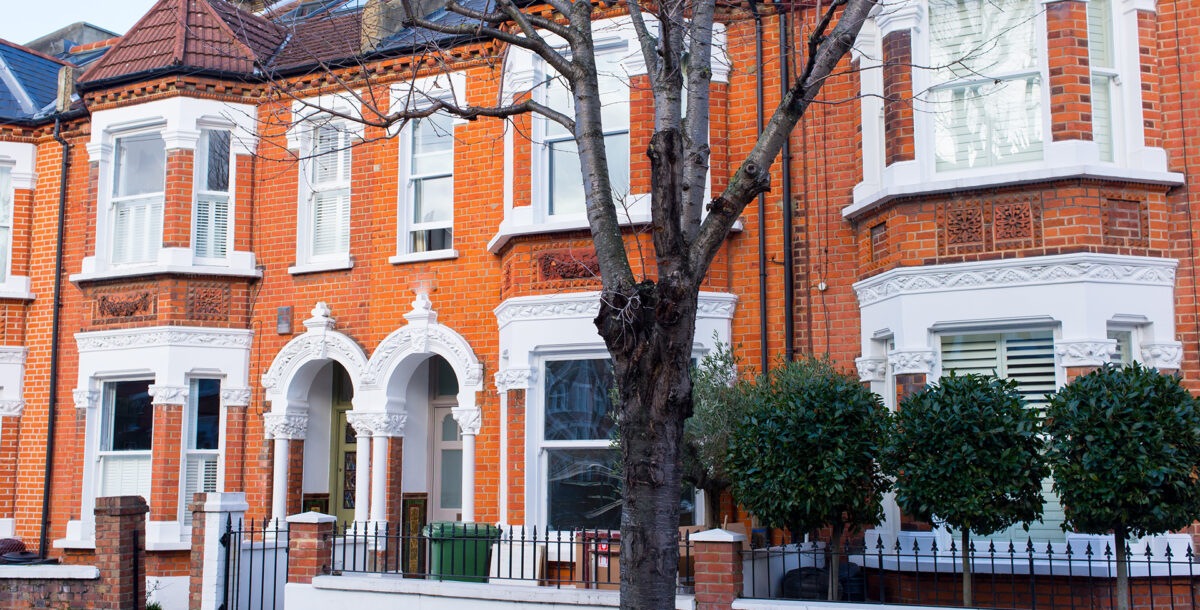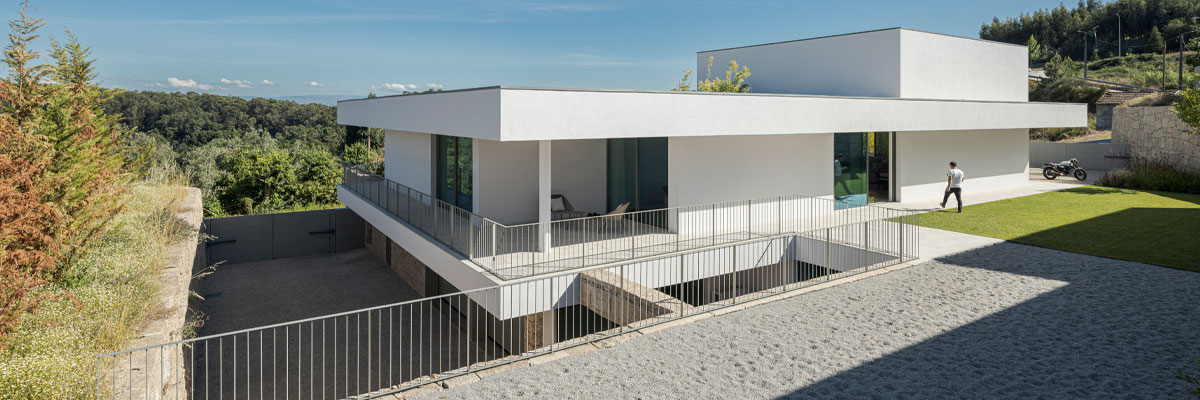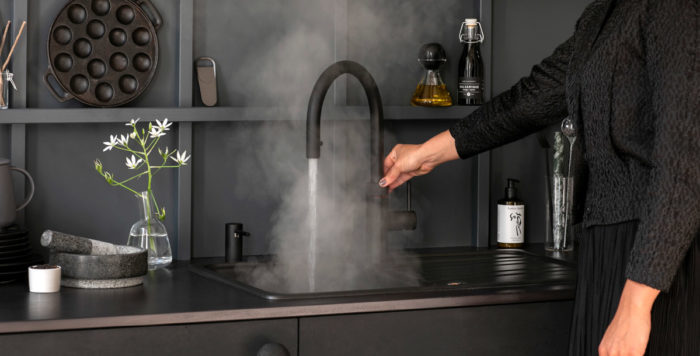How does the Boiler Upgrade Scheme work and how much can I get?
How it works, which systems qualify and how much funding is available
The Boiler Upgrade Scheme (BUS), which runs from April 2022 until April 2028, is part of the government’s strategy to reduce the carbon emissions of home heating in England and Wales. It replaces the Domestic Renewable Heat Incentive Scheme, which closed to new applicants on 31 March 2022.
According to the Committee on Climate Change, carbon-heavy domestic heating accounts for around 14% of UK greenhouse gas emissions, with 86% of homes in England still using gas central heating.
As part of the Heat and Buildings Strategy, the government aims to phase out the installation of new and replacement natural gas boilers from 2035, to ensure that almost all heating systems are low carbon by 2050. Similarly, the Future Homes Standard was set up to make sure new-build homes are fitted with low-carbon heating and high levels of energy efficiency and will take effect in 2025.
There’s an emphasis on heat pumps as a solution for greener home heating. Air-source heat pumps (ASHP) transfer warmth from the outdoor air to indoors. Ground-source heat pumps (GSHP) draw warmth from beneath the ground. Both systems run on electricity, although higher efficiency levels, compared to a gas boiler, means that heat pumps can be cheaper to run than gas boilers. And, the government is looking at ways to shift levies from electricity to gas, to reduce running costs further.
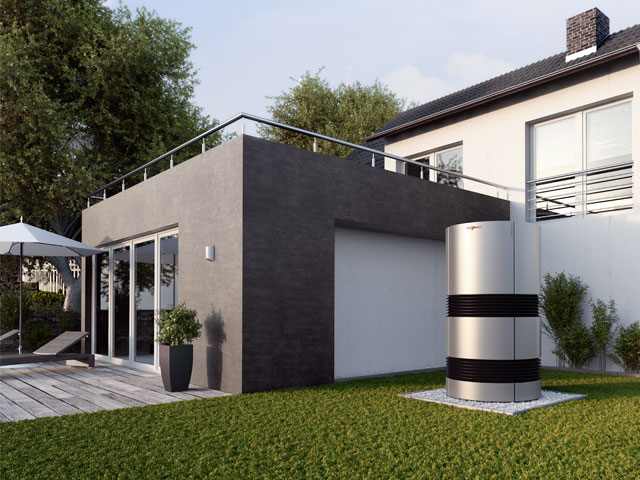
Heat pumps, like the Viessmann Vitocal 300-A air-to-water heat pump shown here, offer a greener heating solution
How much do you get for the Boiler Upgrade Scheme?
Under the Boiler Upgrade Scheme, the government contributes a fixed sum towards the cost and installation of a renewable energy system (similar to the Green Homes Grant). The scheme is available in England and Wales, but not Scotland or Northern Ireland.
Currently, an air-source heat pump costs from £8,000-10,000, and a ground-source heat pump from around £13,000. The Boiler Upgrade Scheme aims to ease this financial burden. At launch, the fund offered £5,000 grants for the installation of air-source heat pumps and biomass boilers, and £6,000 for ground-source heat pumps. As of the 23 October 2023, heat pump grants (both air and ground) have been increased to £7,500; biomass installations are fixed at £5,000. For many homes, then, upgrading to a heat pump can be done very cheaply.
The scheme was originally funded by a £450 million pot, but the government has announced a further £1.5bn of funding for the scheme in an effort to push more people to upgrade from a traditional boiler.
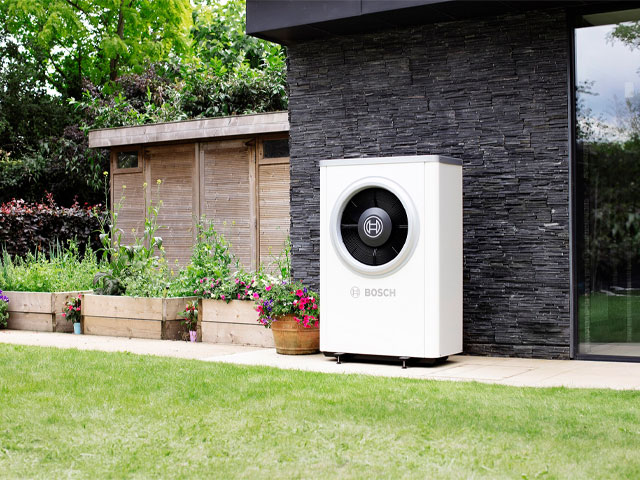
The Worcester Bosch 7001iAW air-to-water heat pump
The Scottish equivalent of the Boiler Upgrade Scheme, the Home Energy Scotland programme, offers more generous payments and more advice.
Who is eligible for the Boiler Upgrade Scheme?
The Boiler Upgrade Scheme is open to homeowners and small-business owners in England and Wales. To qualify, your home must be properly insulated and have an energy performance certificate. You must fully replace an existing fossil-fuel system, such as an oil or gas boiler, or an electric heating system. Neither new-build homes nor social housing qualify, but self-build homes may do. Our recent article explains how to know whether a heat pump would suit your home.
To benefit, you must use a heat-pump installer certified under the government’s Microgeneration Certification Scheme for certifying low-carbon technologies and installers. Here’s the list of MCS certified installers. The installer claims the grant then takes it off your bill.
Low-carbon heating systems installed on or after 1 April 2022 will qualify for support under the scheme, which opened for grant applications and payments from 23 May 2022.
While new-builds generally won’t qualify, custom and self-build homes will be eligible for the Boiler Upgrade Scheme and will not have to provide an EPC. But installations will need to be completed within three months.
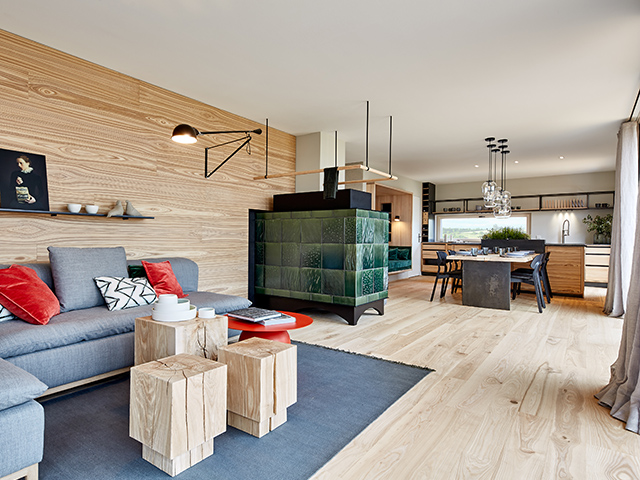
Biomass boilers qualify for the grant, but only in rural areas with populations of 10,000 people or less. Photo: Baufritz
Can I still install a gas heating system?
“Currently, yes,” says a spokesperson for heat-pump training provider, Logic4training. “But from 2025, uplifts to Part L of the Building Regulations will require heating systems in new homes to have a maximum flow temperature of 55°C and reduce carbon emissions by 75-80%,” they continue. “Gas boilers may not be the best choice to fit these new standards, so it is likely new-build properties will be heated with renewables.”
But the 2025 ‘boiler ban’ only applies to new builds. Boiler installation in older properties will be phased out from 2035. With the average life-span of a boiler 10-15 years, that’s a whole boiler between now and then.

